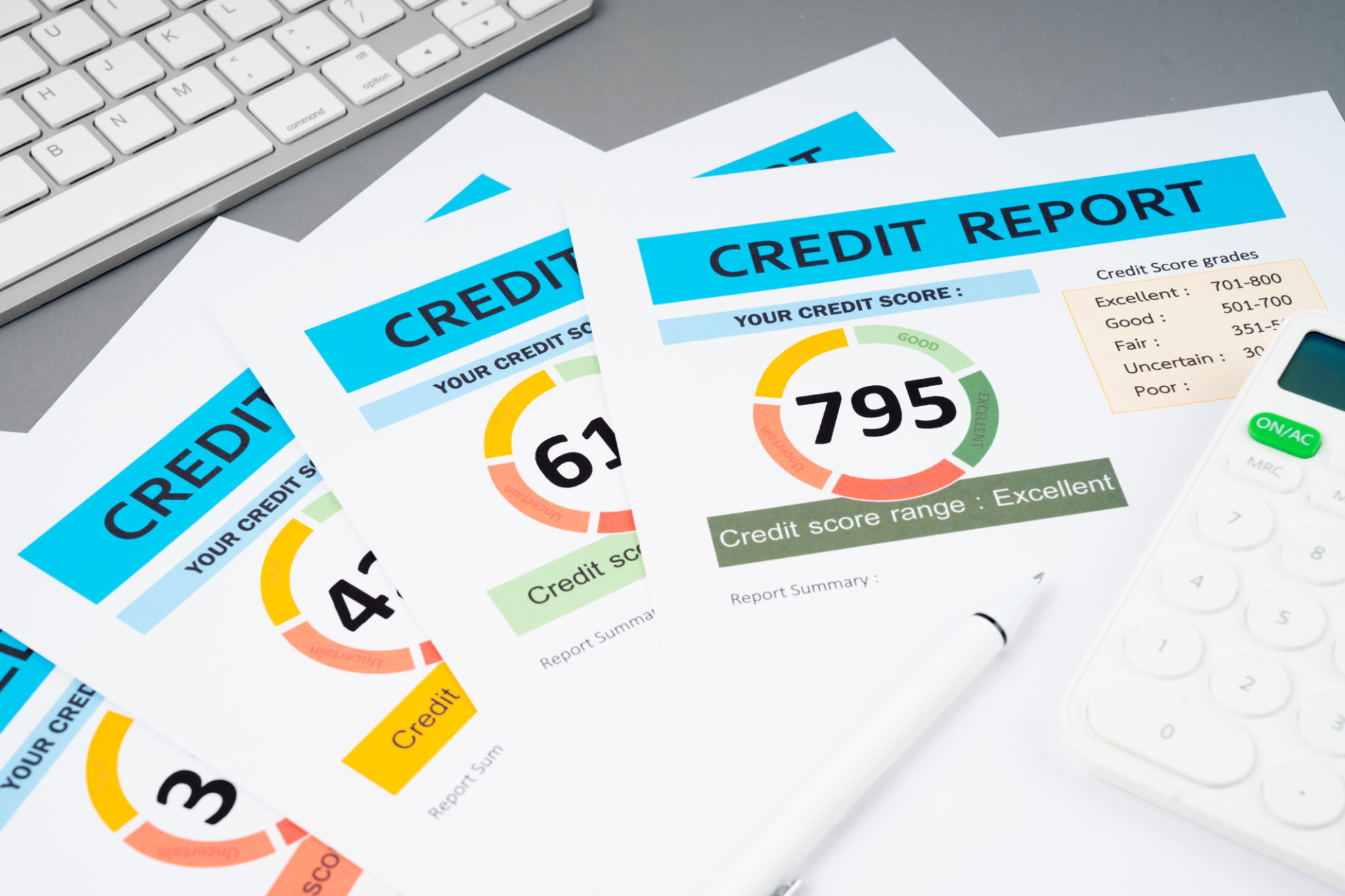How Seasonal Spending Habits Affect Your Credit Score
Understanding Seasonal Spending Habits
The festive season often brings joy and financial strain in equal measure. As we navigate through holidays, sales events, and vacations, our spending habits tend to shift significantly. Understanding these seasonal spending habits is crucial as they can have a profound impact on your credit score. This impact can either be positive or negative, depending on how you manage your finances during these times.
During peak spending seasons like the end-of-year holidays, people tend to rely more on credit cards to make purchases. While this can be convenient, it's essential to remember that increased credit usage can affect your credit utilization ratio, a key factor in determining your credit score.

The Role of Credit Utilization
Your credit utilization ratio is the amount of credit you're using compared to your total available credit. Ideally, you should aim to keep your credit utilization below 30%. However, during the holiday season, this ratio can easily climb if you're not careful with your spending.
High credit utilization can signal to creditors that you're over-reliant on credit, which might lead to a decrease in your credit score. To avoid this, try to pay off your balances promptly or spread your spending across multiple cards.
Strategies for Managing Seasonal Spending
- Create a budget: Outline your expected expenses during the season and stick to it.
- Use cash when possible: This can help prevent over-reliance on credit cards.
- Plan for big expenses: If you know you'll be spending more during certain months, save in advance.

The Impact of Late Payments
Another critical factor that affects your credit score during seasonal spending is payment history. With increased expenditures, it's easy to miss a payment or two. However, late payments can have a significant negative impact on your credit score. It's vital to set reminders or automate payments to ensure you don't miss due dates.
If you're struggling to make payments, consider reaching out to creditors to discuss potential solutions. Many are willing to work with you if you communicate proactively.
Rebuilding Credit Post-Season
If you've found yourself with a lower credit score after a heavy spending season, don't worry. There are steps you can take to rebuild your credit. Start by assessing your financial situation and creating a repayment plan. Focus on paying down high-interest debt first and gradually work towards reducing your overall credit card balances.

In addition, consider using tools like balance transfer cards to consolidate debt at lower interest rates. Over time, as you reduce your balances and make timely payments, your credit score will begin to recover.
Conclusion
Seasonal spending habits can significantly impact your credit score, but with careful planning and management, you can mitigate negative effects. By understanding your spending patterns, keeping an eye on your credit utilization, and ensuring timely payments, you can maintain a healthy credit score year-round. Remember, financial health is a continual process that requires attention and adjustment, especially during high-spending periods.
